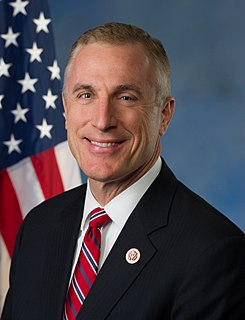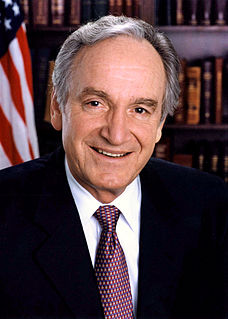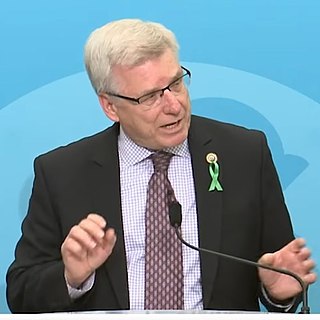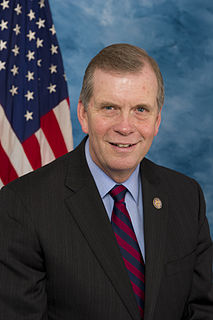A Quote by Tim Murphy
Moreover, health center services save money and lives by treating diseases before they become chronic conditions, require hospital care or require a trip to the emergency room.
Related Quotes
...There's a lot of money in the Western diet. The more you process any food, the more profitable it becomes. The healthcare industry makes more money treating chronic diseases (which account for three quarters of the $2 trillion plus we spend each year on health care in this country) than preventing them.
The quality of health care in Germany is not as good as people sometimes believe it to be. We have problems with chronic diseases. The German system allows too many hospitals and specialists to treat chronic diseases. We do not have enough volume in many institutions to deliver good quality, and we do have fairly strict separations ... between primary physicians, office specialists and hospital specialists. But I think the quality problems can be solved in the next couple of years, and we have made major progress in diabetes, coronary artery disease and pulmonary disease care.
Building a police culture that reflects the professionalism of our best officers will require that we pay a decent wage. Treating every American as truly equal in the eyes of the law will require that we teach officers to understand different cultures and social conditions and to recognize the implicit biases we all carry.
I felt that no boy should have to depend either for his leg or his life upon the ability of his parents to raise enough money to bring a first-class surgeon to his bedside. And I think it was out of this experience, not at the moment consciously, but through the years, I came to believe that health services ought not to have a price tag on them, and that people should be able to get whatever health services they require irrespective of their individual capacity to pay.
This is what the Democrats are fighting for. They're fighting for you not to have a job and still have health care so you can pursue your entrepreneurial risk of writing, painting, taking pictures. It's just such a pain in the rear end to have to have a job. It's so damn mean of this country to require people to have a job. It stifles people. It stifles creativity and economic growth to require people to have a job, to have health care. What a country. Man, are we horribly rotten mean to people.
































